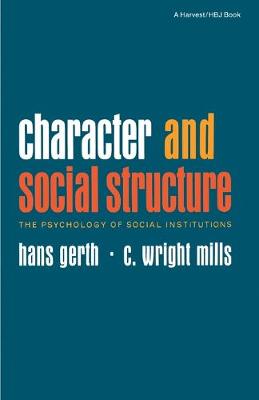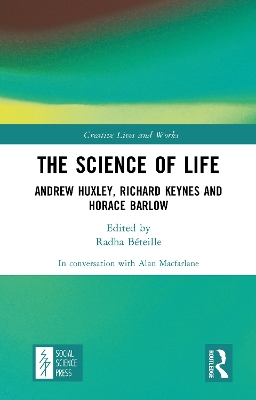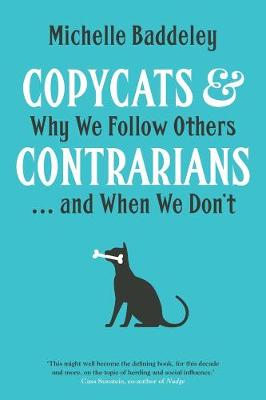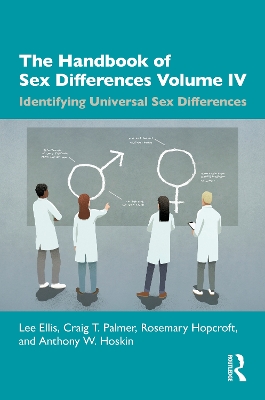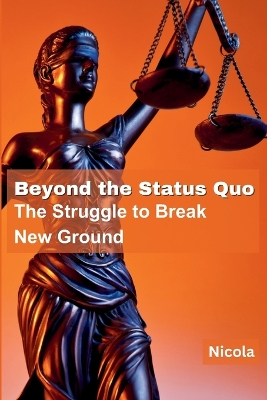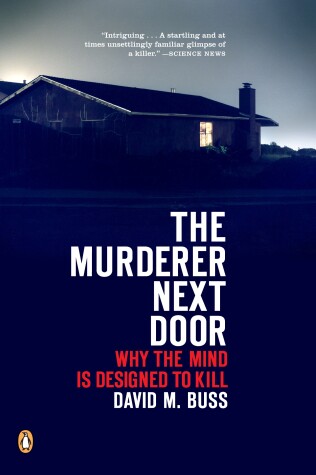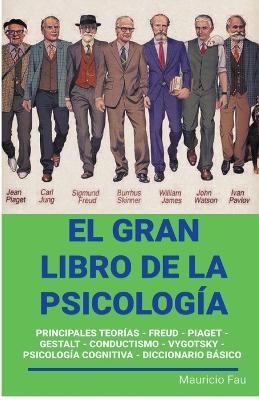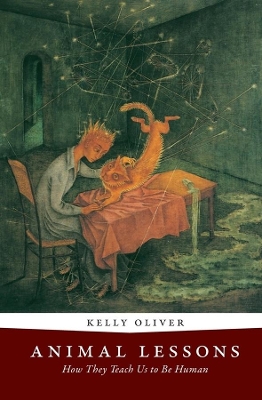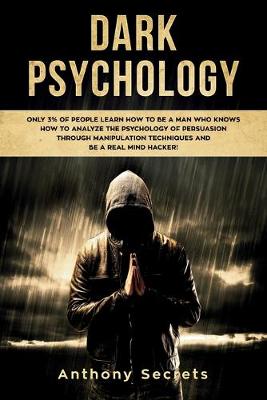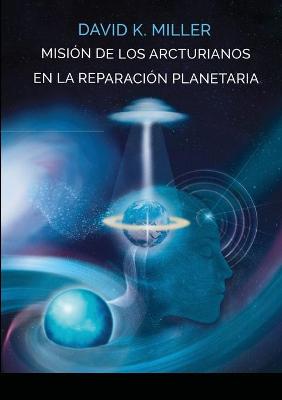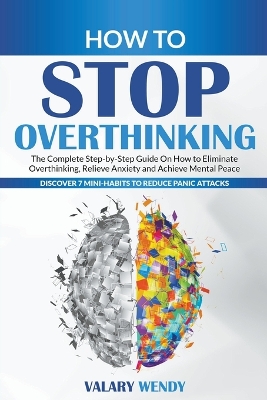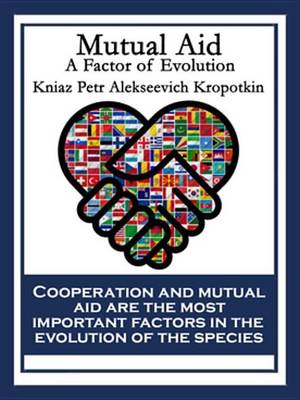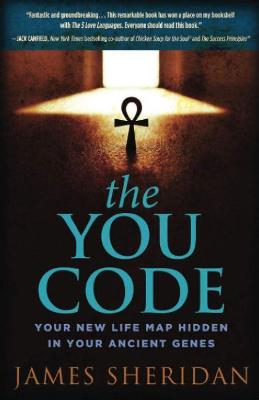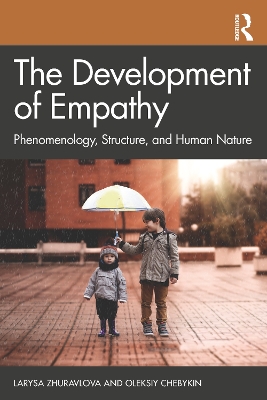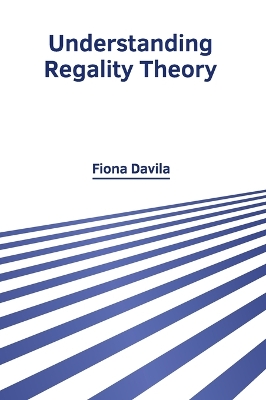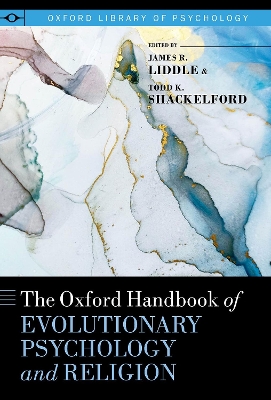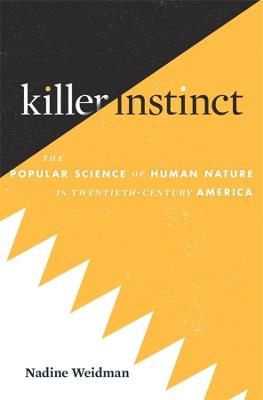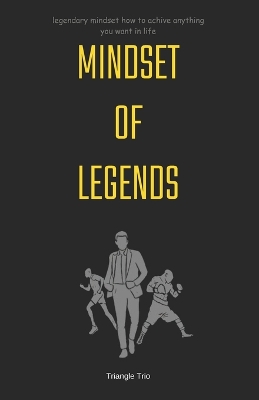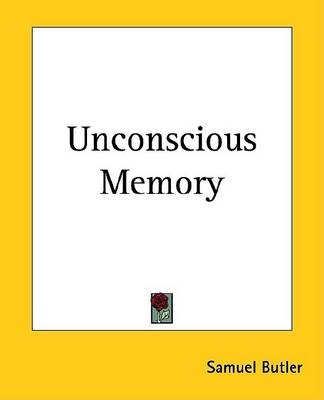The Science of Life: Andrew Huxley, Richard Keynes and Horace Barlow is part of the series Creative Lives and Works. It is a collection of interviews conducted by one of England’s leading social anthropologists and historians, Professor Alan Macfarlane. Filmed over a period of 40 years, the three conversations in this volume are part of a larger set of interviews that cut across various disciplines—from the social sciences, the sciences, to the performing and visual arts. The current volume on t...
A multidisciplinary exploration of our human inclination to herd and why our instinct to copy others can be dangerous in today’s interlinked world Rioting teenagers, tumbling stock markets, and the spread of religious terrorism appear to have little in common, but all are driven by the same basic instincts: the tendency to herd, follow, and imitate others. In today’s interconnected world, group choices all too often seem maladaptive. With unprecedented speed, information flashes across the glo...
The Handbook of Sex Differences Volume IV Identifying Universal Sex Differences
by Lee Ellis, Craig T. Palmer, Rosemary Hopcroft, and Anthony W. Hoskin
The Handbook of Sex Differences is a four-volume reference work written to assess sex differences, with a primary focus on the human species. Based on the authors’ highly influential 2008 book Sex Differences, these volumes highlight important new research findings from the last decade and a half alongside earlier findings. In this, the work’s fourth and last volume, two related questions are addressed: Are there universal sex differences (i.e., sex differences found in all societies)? And if t...
Adhs Ernährung - Koch-Und Lernbuch - Ein Praxisbuch Für Adhs Gerechte Ernährung
by Jean-Maurice Cecilia-Menzel
As acclaimed psychological researcher and author David Buss writes, "People are mesmerized by murder. It commands our attention like no other human phenomenon, and those touched by its ugly tendrils never forget." Though we may like to believe that murderers are pathological misfits and hardened criminals, the vast majority of murders are committed by people who, until the day they kill, would seem to be perfectly normal.David Buss's pioneering work has made major national news in the past, and...
El Gran Libro de la Psicología (Gran Libro de...)
by Mauricio Enrique Fau
Philosophy reads humanity against animality, arguing that "man" is man because he is separate from beast. Deftly challenging this position, Kelly Oliver proves that, in fact, it is the animal that teaches us to be human. Through their sex, their habits, and our perception of their purpose, animals show us how not to be them. This kinship plays out in a number of ways. We sacrifice animals to establish human kinship, but without the animal, the bonds of "brotherhood" fall apart. Either kinship wi...
Mision de Los Arcturianos En La Reparación Planetaria
by David K Miller
In this thought-provoking book, the acclaimed author of Our Inner Ape examines how empathy comes naturally to a great variety of animals, including humans. Are we our brothers' keepers? Do we have an instinct for compassion? Or are we, as is often assumed, only on earth to serve our own survival and interests? By studying social behaviors in animals, such as bonding, the herd instinct, the forming of trusting alliances, expressions of consolation, and conflict resolution, Frans de Waal dem...
Written partly in response to Social Darwinism and in particular to Thomas H. Huxley's nineteenth-century essay, "The Struggle for Existence," Kropotkin's book drew on his experiences in scientific expeditions in Siberia to illustrate the phenomenon of cooperation. After examining the evidence of cooperation in nonhuman animals, pre-feudal societies, in medieval cities, and in modern times, he concludes that cooperation and mutual aid are the most important factors in the evolution of the specie...
This thought-provoking volume offers psychological perspectives on the formation of empathy and how this determines both antisocial and prosocial behaviors in individuals. It offers a theoretically grounded and empirically proven integrated approach, helping readers gain a holistic understanding of human nature and the need for empathic interaction between people. Larysa Zhuravlova and Oleksiy Chebykin study the evolution of empathy, peculiarities from birth to old age, and its role in the mor...
The Oxford Handbook of Evolutionary Psychology and Religion (OXFORD LIBRARY OF PSYCHOLOGY)
by James R. Liddle and Todd K Shackelford
The Oxford Handbook of Evolutionary Psychology and Religion offers a comprehensive and compelling review of research in religious beliefs and practices from an evolutionary perspective on human psychology. The chapters, written by renowned experts on human behavior and religion, explore a number of subtopics within one of three themes: (1) the psychological mechanisms of religion, (2) evolutionary perspectives on the functionality of religion, and (3) evolutionary perspectives on religion and gr...
A historian of science examines key public debates about the fundamental nature of humans to ask why a polarized discourse about nature versus nurture became so entrenched in the popular sciences of animal and human behavior.Are humans innately aggressive or innately cooperative? In the 1960s, bestselling books enthralled American readers with the startling claim that humans possessed an instinct for violence inherited from primate ancestors. Critics responded that humans were inherently loving...
Samuel Butler's Unconscious Memory (1880) contains the author's ideas about evolution. Containing his correspondences with Charles Darwin, it also contains background information about his previous works like Evolution: Old and New. Butler also analyzes Darwin's Origin of Species and discusses Professor's Herring's theory of the unconscious.

